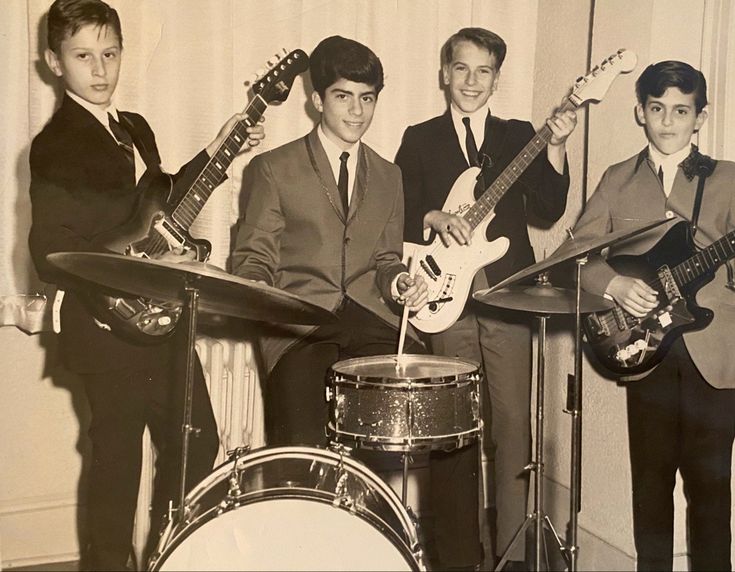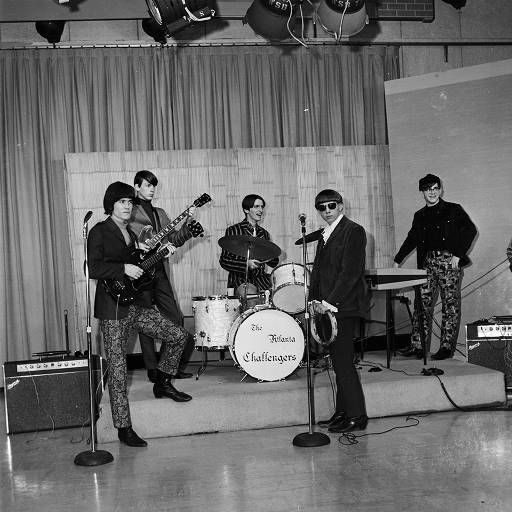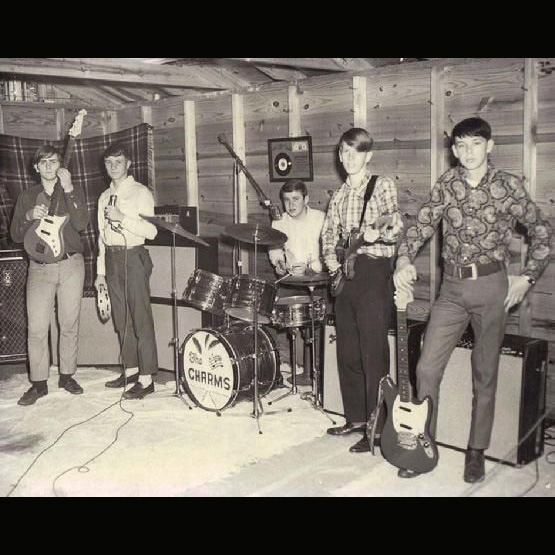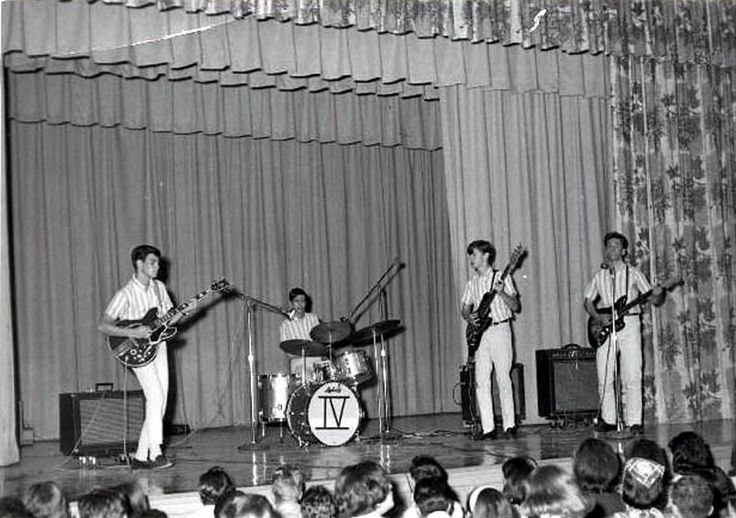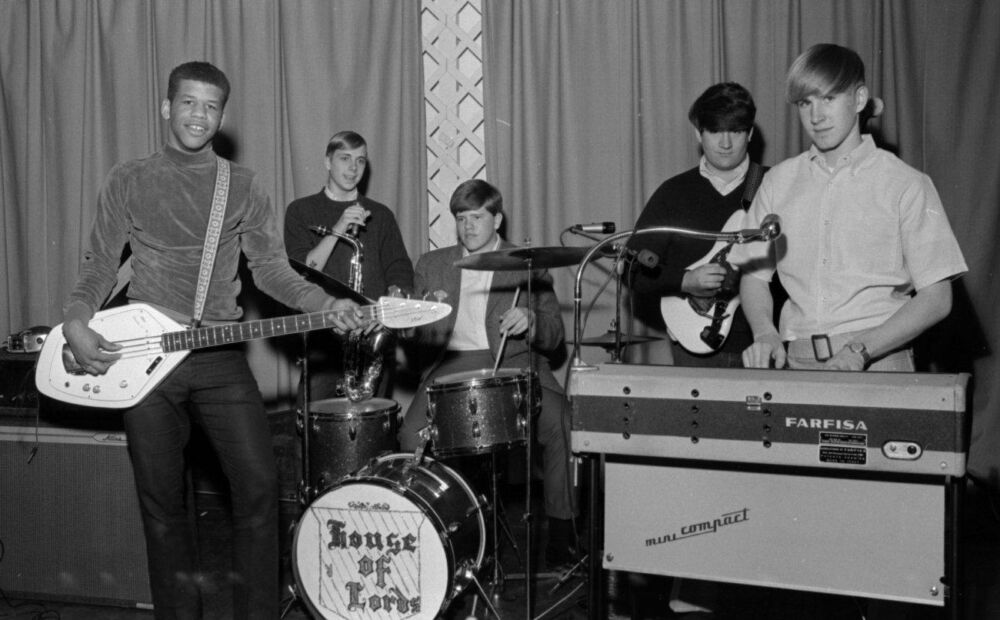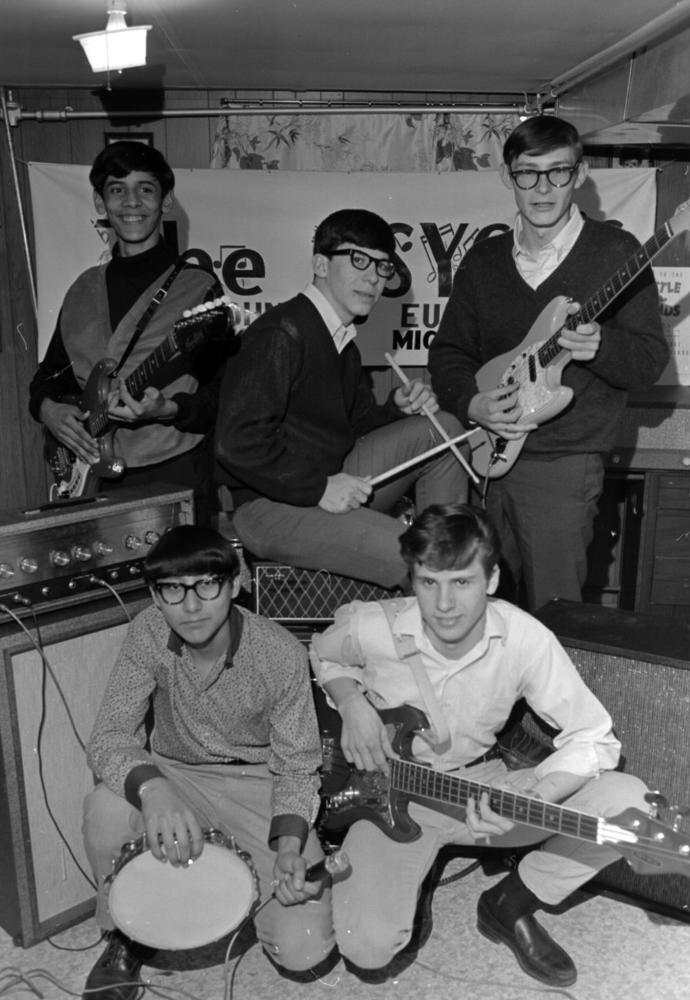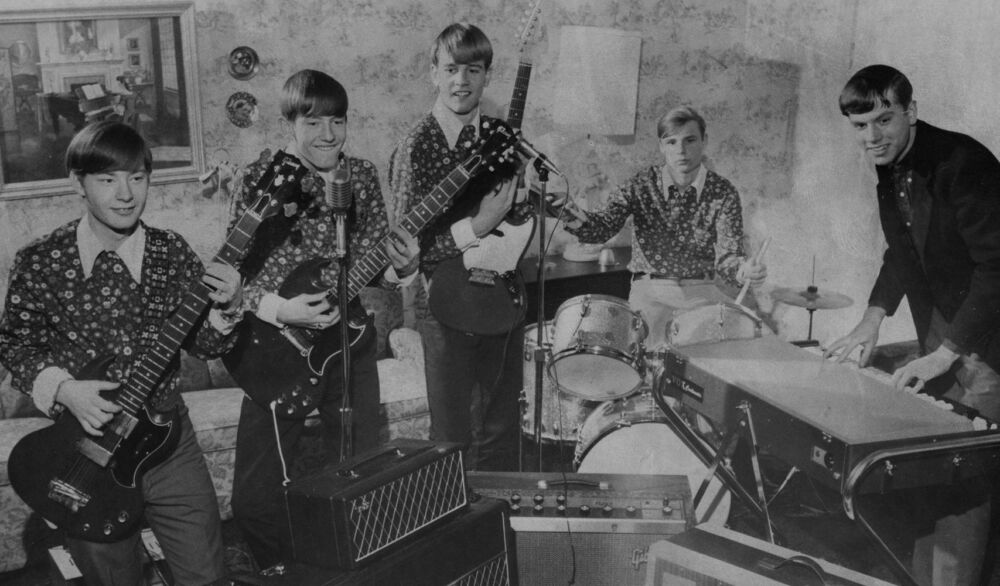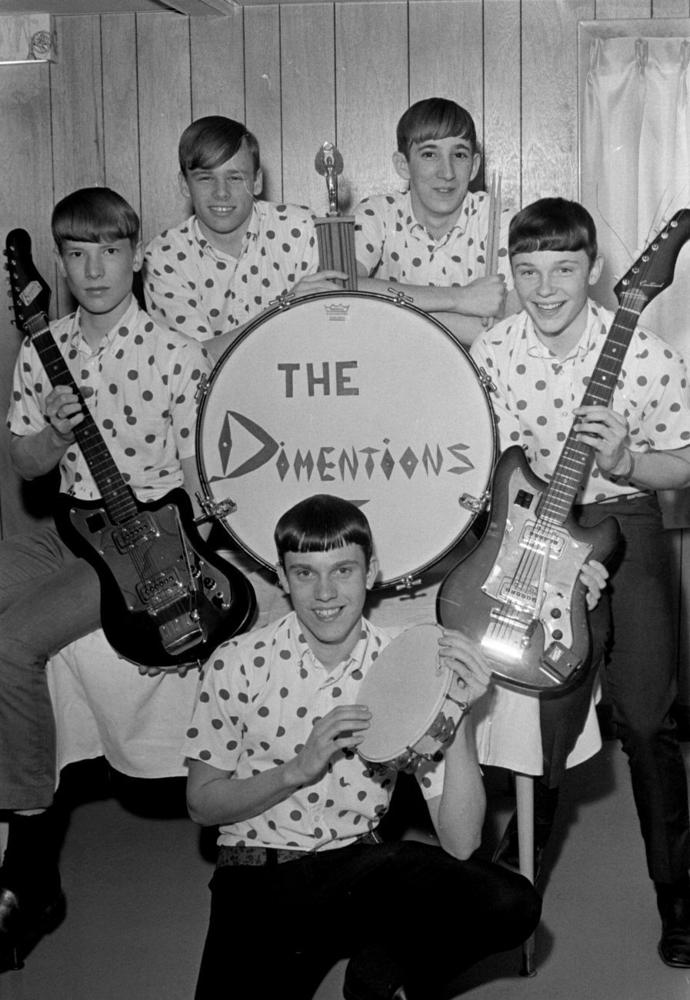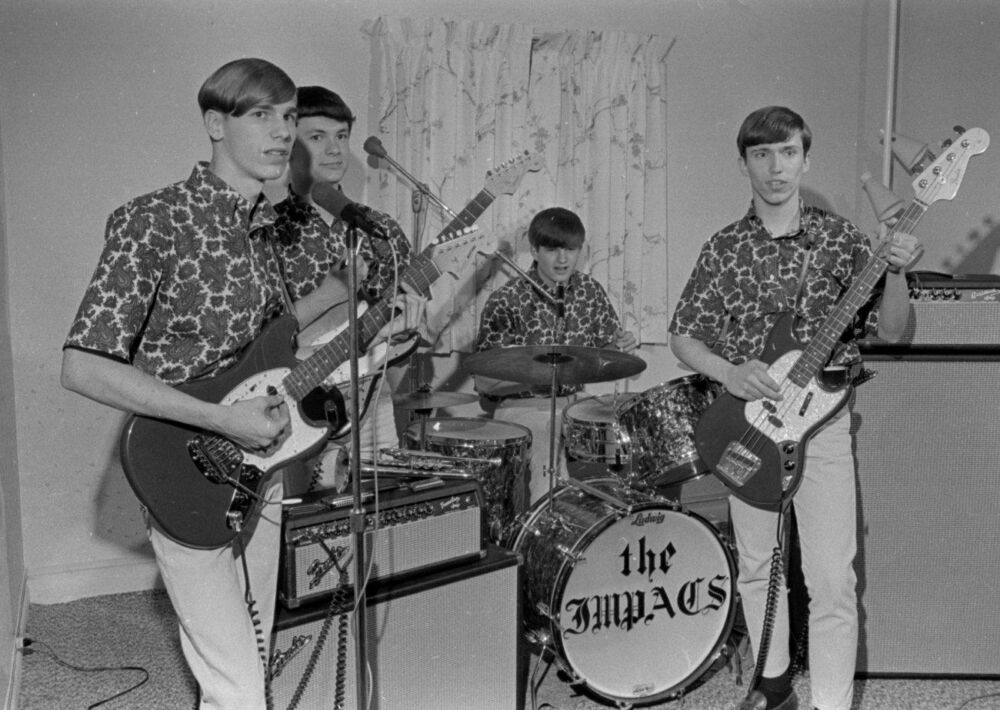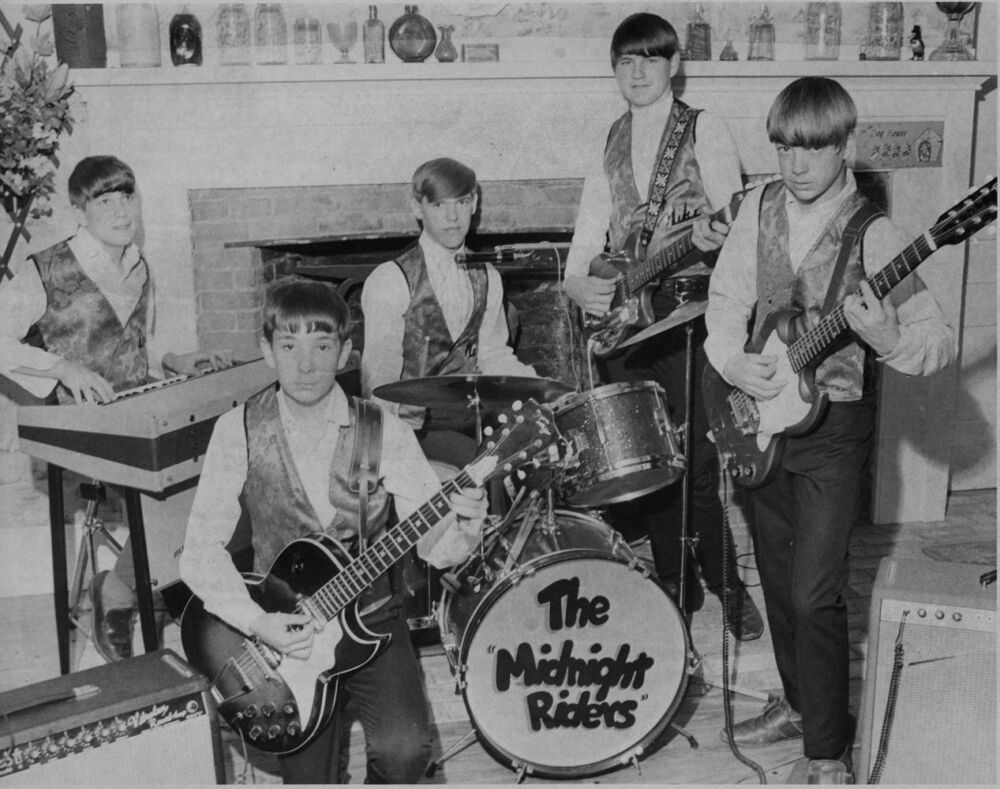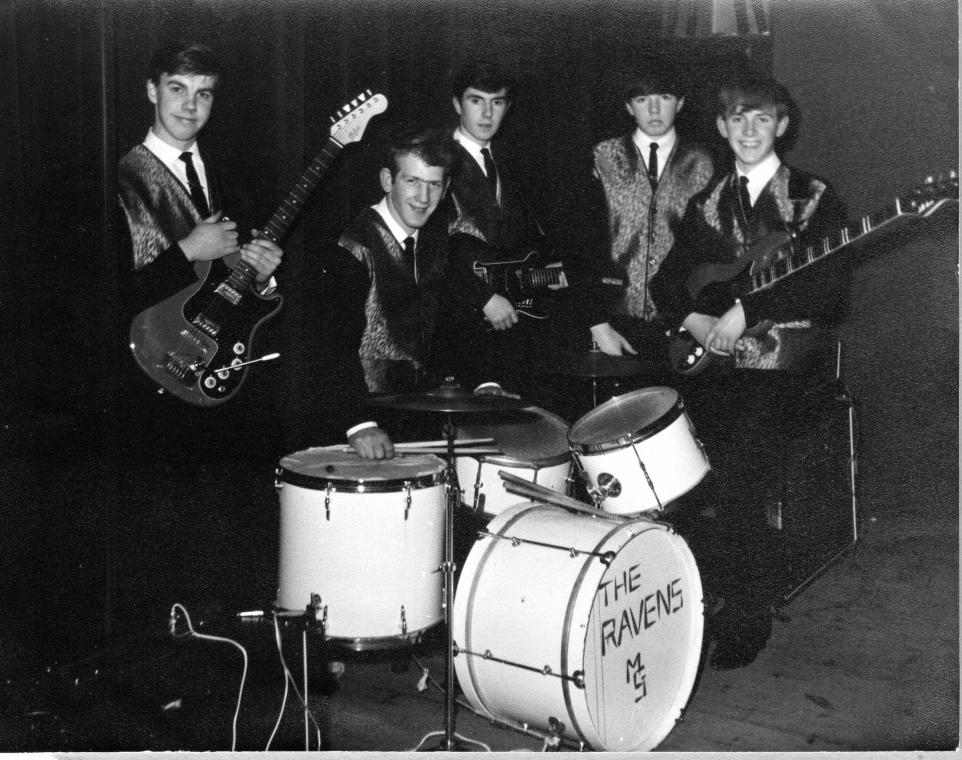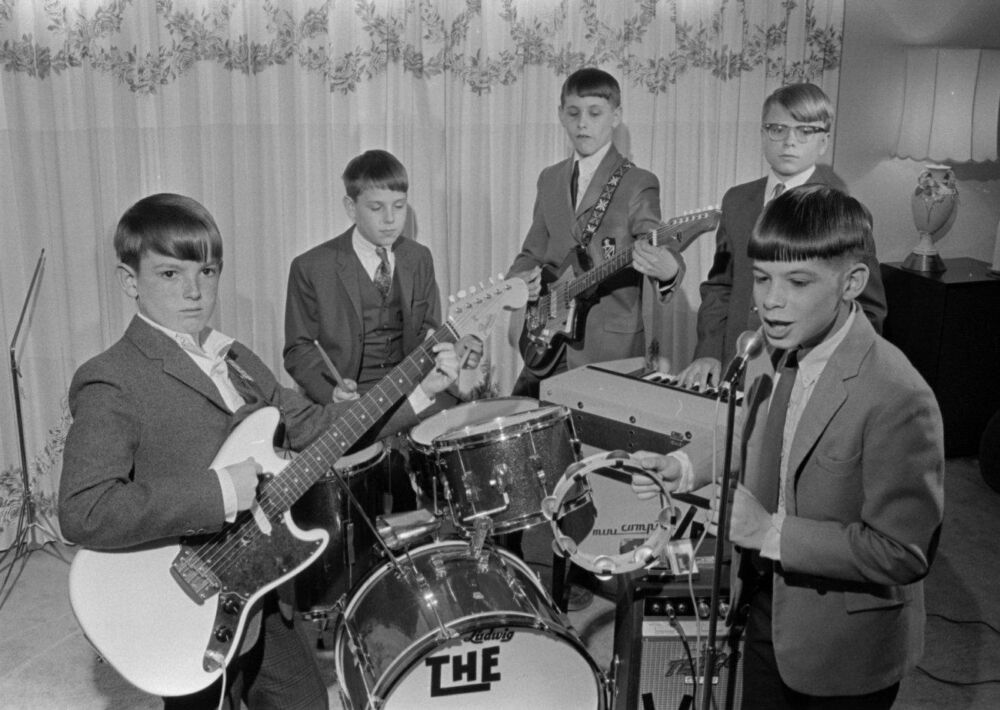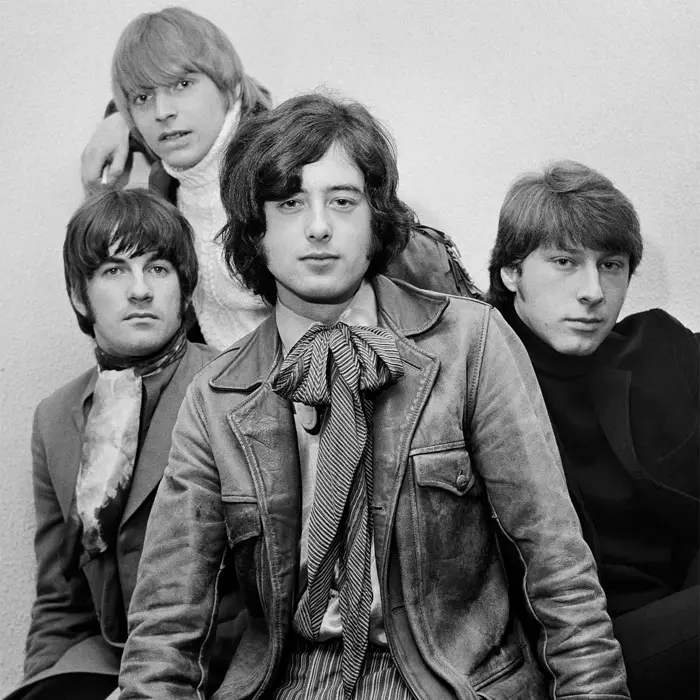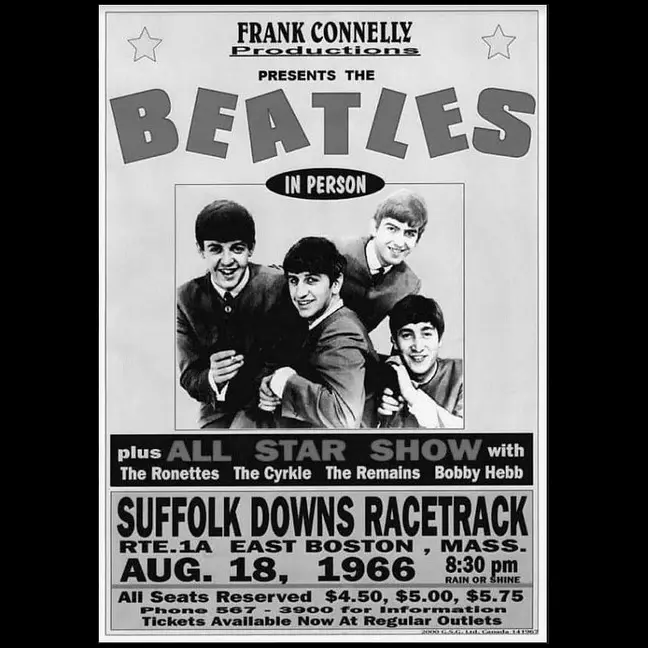The Farm System Is Gone
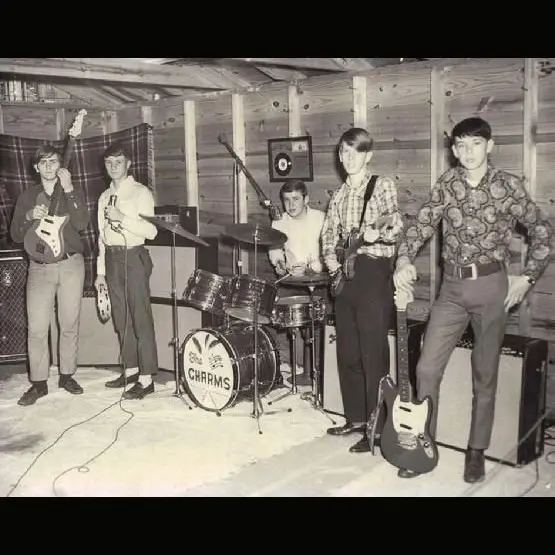
It was the mid-1960s and there was a band on every block, since The Beatles and the entire British Invasion had inspired more musicians than you can imagine. Until then, the dominant force in pop music was singers backed by musicians, but all of a sudden it was all about a self-contained unit that could sing and play. Basically, the whole game had changed.
The good news was as these garage bands practiced and got good and there were actually places to go play and get paid – lots of them. The pay wasn’t very much, but bands were low overhead in the ‘60s. Amps and drums fit into the trunks and back seats of big American sedans from Detroit, and if you were really lucky, you had a VW bus. As for sound systems, the first band I was in that played out frequently had a single Electro-Voice horn with what was probably a 20-pound magnet screwed in the back. We had four mics on stands and a Bogen PA amp with a modest mixer; it might have had reverb or echo. That setup handled all the vocals and there was no such thing as miking the drums or amps. It was all dead simple.
My first band, The Rebounds, played at fraternity and dorm parties at Trinity College, University of Connecticut, Wesleyan University, Central Connecticut State College, CYO events, youth councils, high school dances and a variety of other venues in central Connecticut. Our pay in 1966 – when the minimum wage was $1.25, I think – was $60 for all four of us, and the band fit in the corner of the dining hall of a frat or dorm.
Best of all, work was plentiful. Live music was a huge attraction for parties and other gatherings so bands had no problem keeping busy. It truly was a golden era and an uncomplicated time. The music we played was a mix of British rock, though almost never Beatles songs because we considered it a sacrilege to attempt them. Instead, we covered The Beach Boys, The Yardbirds, Big Brother & The Holding Company, The Animals, Rascals, Tommy James & The Shondells, that kind of thing.
Landing gigs was a skill of mine; truth be told, I was better at that than playing. I hated late nights and smoke-filled clubs and parties – practically everyone smoked in the ’60s. – but my dad would drive me to a college campus and I’d go door to door, asking if the social chairman of the dorm or frat was around. I had a little printed piece with a photo and a song list, and that was all we needed. Sometimes we’d get talked into doing an audition, which was essentially a free party for the frat or dorm on the promise of getting a paid gig if we passed the audition.
After we made some money, we could afford to record a demo at a local studio. We booked four or five hours to cut three or four songs and the cost was a fortune in the mid-‘60s: $150. Those songs were individually cut on an acetate (a metal disc with a plastic coating that was put on a lathe) and a single was made from that. You only could play the thing 40 or 50 times before the fidelity severely degraded, but it was something we could take around to places that might hire the band because everyone had a record player. We got even more gigs as a result.
A huge boost to live music happened in 1972 when Connecticut and other New England states lowered the legal drinking age to 18. That opened the door for on-campus pubs and a plethora of nightclubs, all of which clamored for live music, and the live-music business was in its absolute heyday. All those gigs meant that the quality of bands improved enormously since musicians could actually make a living playing music instead of having a day job to support themselves. The sheer volume of available work meant that musicians had the equivalent of baseball team’s farm system at their disposal. They could work their way up to playing at the top venues, where they could get the attention of a label and possibly land a record deal.
Things changed dramatically in the early ‘80s, however, when New England states returned the drinking age to 21. Campus pubs disappeared and nightclubs folded by the score. Deejays also gained favor and MTV set a different expectation for live performances. In short order, the farm system that successfully nurtured talented musicians essentially disappeared. It makes one wonder how budding musicians today will be able to get on-stage experience they need when the opportunities to play live aren’t nearly as plentiful as they once were.
(by Tony D’Amelio)

